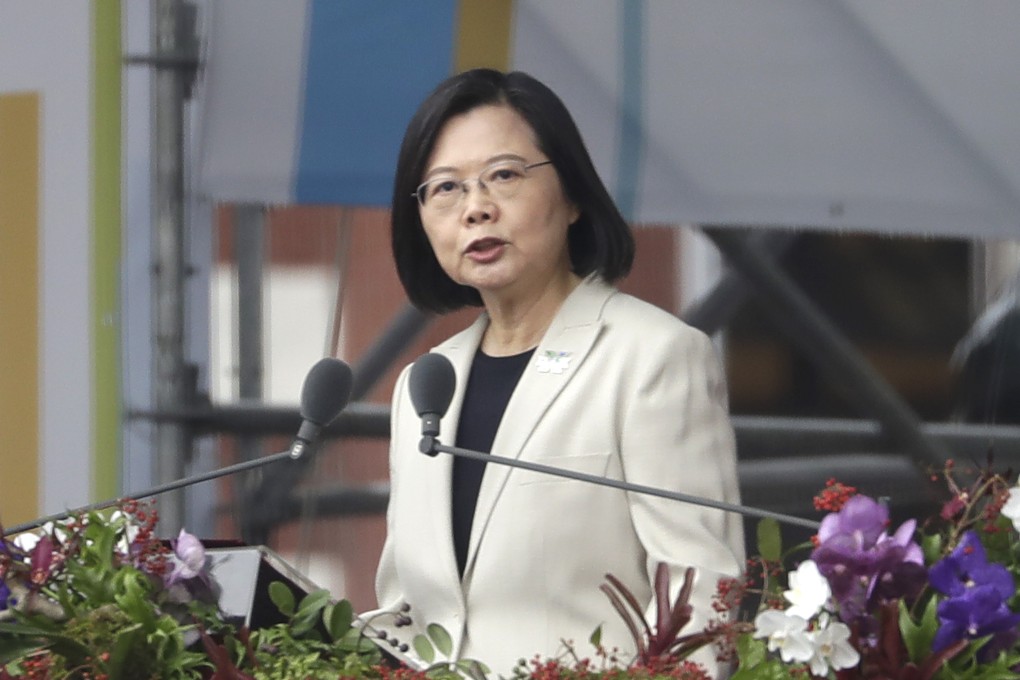My Take | Even Tsai Ing-wen and the Democratic Progressive Party want to avoid a third world war
- US stopover by current Taiwanese president and mainland trip by ex-island leader Ma Ying-jeou may help ease increasing tensions

The significance of two back-to-back trips by Taiwan’s current and former leaders next week cannot be overstated. The manner in which they justify their respective visits – one to mainland China, the other a “stopover” in the United States – tell us as much about the current state of cross-strait relations as the fact that the visits are to be made at all.
Ma Ying-jeou, the former Kuomintang (KMT) president under whose tenure business and commercial ties between the two sides reached a peak, will make the trip to worship his ancestors during Ching Ming, or the tomb-sweeping festival. A delegation will also promote university student exchanges.
It will be a funny sort of ancestor worship, though, as both the Taiwan Affairs Office of the State Council and state-owned China Daily have publicised the visit, saying he is most welcome on the mainland.
Meanwhile, President Tsai Ing-wen will travel to Central America to visit two of the few remaining countries that still recognise the island, during which she will have a US stopover. It’s not clear who she will meet from the US government.
No current or former Taiwanese president has ever visited the mainland, though Hong Kong-born Ma travelled to the city both before and after he was president. He also met President Xi Jinping in Singapore in 2015, ahead of the presidential election the following year that saw Tsai of the independence-seeking Democratic Progressive Party (DPP) win her first term in office.
Maybe his visit will bring better luck this time. Beijing obviously prefers a KMT triumph in January’s presidential election. After its landslide victory in local elections against the DPP last November, that outcome is more probable now than ever. In the run-up to the DPP’s resounding defeats, Tsai had tried to portray the local polls as a referendum on her presidency and that she was all that stood between democracy and the mainland threat.
